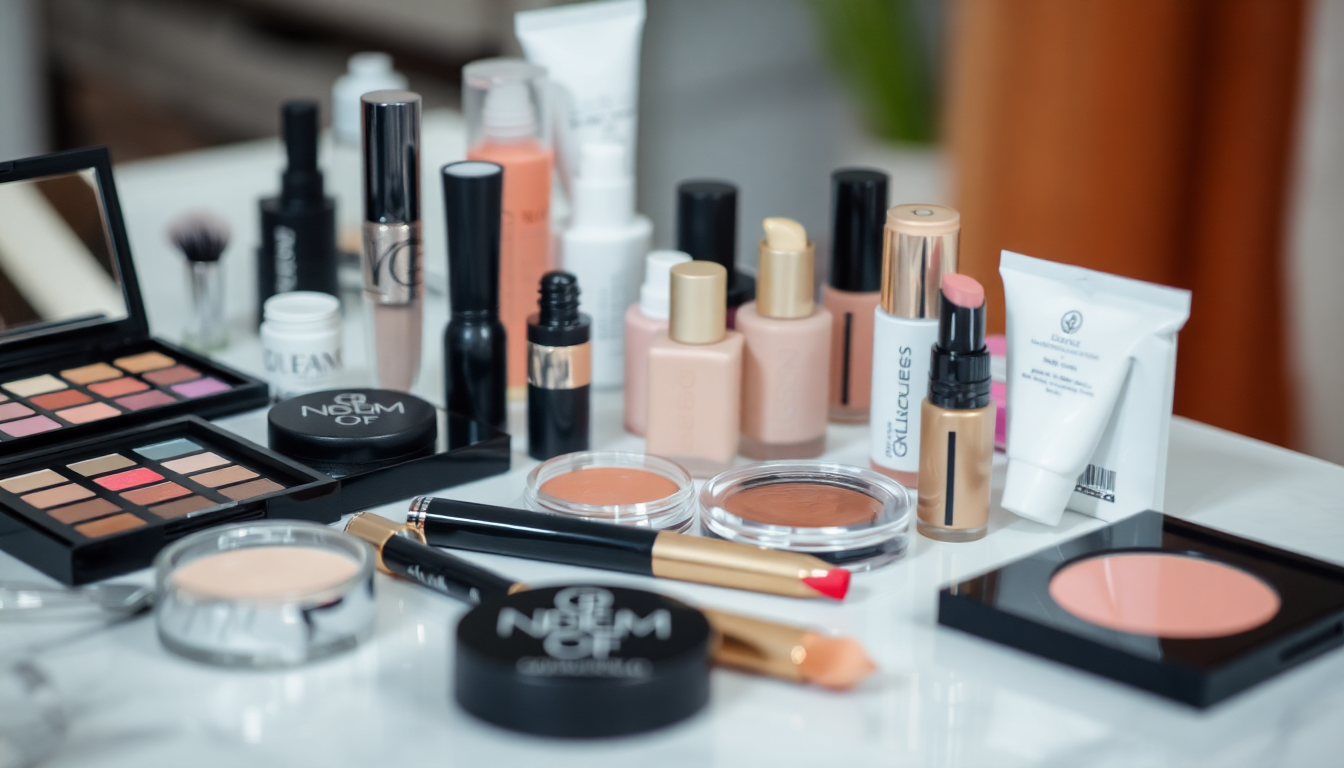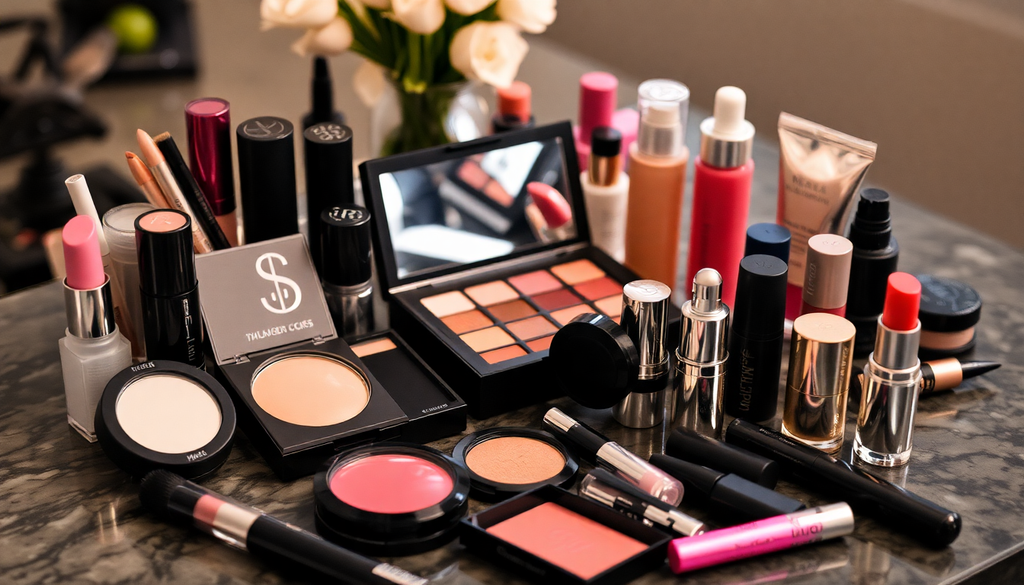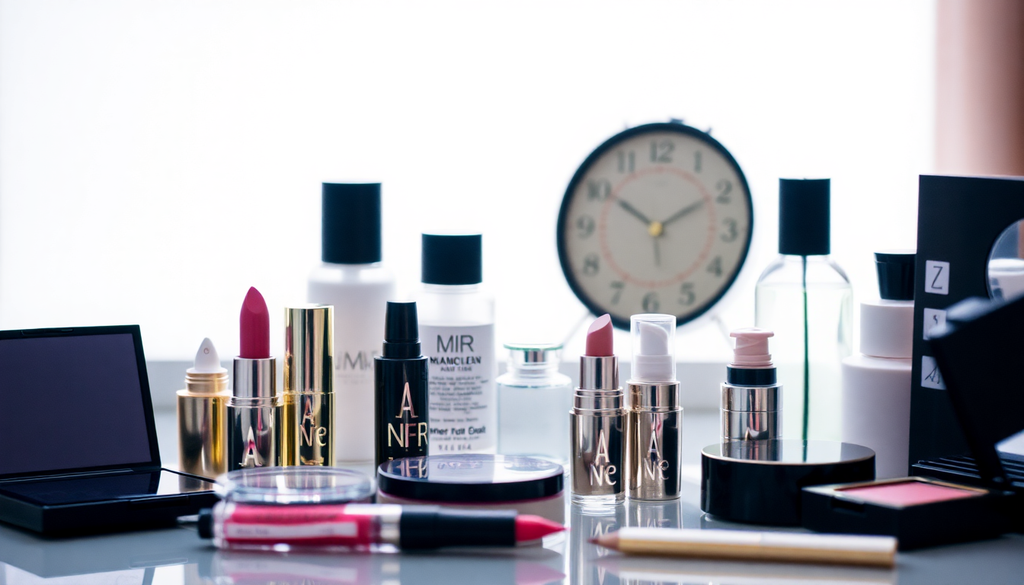
Launching Your Makeup Brand in New Zealand: Essential Insights on Private Label Cosmetics, Import Regulations, and Effective Marketing Strategies for 2025
Introduction
Launching a makeup brand in New Zealand can be an exciting venture, especially given the beauty industry's continuous growth and evolving trends. In 2025, understanding private label cosmetics, navigating import regulations, and employing effective marketing strategies are crucial for success. This comprehensive guide will walk you through the essential insights needed to establish your makeup business in New Zealand, covering every aspect from product development to online marketing.
Understanding Private Label Cosmetics
Private label cosmetics allow you to create products under your brand name while utilizing established manufacturers. This model provides numerous benefits for aspiring entrepreneurs:
- Control over Branding: You have the freedom to create a unique brand identity, including packaging, design, and marketing strategies tailored to your target audience.
- Lower Startup Costs: By partnering with existing manufacturers, you can avoid the high costs associated with setting up your own production facility.
- Access to Established Formulations: Many private label manufacturers offer a range of pre-tested formulations, enabling you to focus on branding and marketing rather than product development.
- Flexibility in Product Offerings: You can easily adapt your product line based on market trends and customer feedback, providing a competitive edge.
When choosing a private label manufacturer, consider factors such as their reputation, quality control processes, and minimum order requirements. Researching potential partners and requesting samples will help ensure that you find the right fit for your brand.
Navigating Import Regulations
When launching your makeup brand, understanding New Zealand's import regulations for cosmetics is essential. Compliance with these regulations ensures that your products are safe for consumers and legally marketable. Here are key points to consider:
- Compliance with the Cosmetic Products Group Standard: All cosmetic products sold in New Zealand must meet the standards set by the Ministry of Health. Familiarize yourself with these standards to ensure your products are compliant.
- Labeling Requirements: Labels must clearly state the product name, list of ingredients, usage instructions, and any potential allergens. Compliance with the Australia New Zealand Food Standards Code is also necessary.
- Registration of Products: Some products may require registration with the Ministry of Health, especially if they contain specific active ingredients or make therapeutic claims.
- Customs Duties and Taxes: Be aware of any applicable customs duties and Goods and Services Tax (GST) that may apply to your products. Consult with a customs broker to navigate the complexities of international shipping.
- Documentation: Ensure that you have all necessary documentation for customs clearance, including invoices, packing lists, and certificates of analysis when required.
Understanding these regulations will help you avoid costly delays and ensure a smooth entry into the New Zealand market.
Setting Up Your Makeup Online Store
In today's digital age, an online presence is vital for any makeup brand. Here are steps to effectively set up your online store:
- Choose an E-commerce Platform: Select a platform that aligns with your business model. Popular options like Shopify, WooCommerce, or Magento offer various features to suit your needs.
- Design an Attractive Website: Your website should be user-friendly and visually appealing. Invest in high-quality images and engaging content that reflects your brand's identity. Include easy navigation and clear calls to action.
- Optimize for SEO: Use relevant keywords related to your products to improve your search engine ranking. This includes optimizing product descriptions, meta tags, and image alt texts.
- Set Up Payment and Shipping Options: Offer multiple payment methods such as credit cards, PayPal, and Afterpay to enhance customer experience. Clearly outline your shipping policies, including delivery times and costs.
- Mobile Responsiveness: Ensure your website is mobile-friendly, as a significant portion of online shopping occurs via mobile devices.
- Implement Security Measures: Protect your customers' data by using secure payment gateways and SSL certificates to build trust.
Effective Marketing Strategies
To stand out in a competitive market, implementing effective marketing strategies is crucial. Here are some strategies to consider:
- Social Media Marketing: Leverage platforms like Instagram, TikTok, and Facebook to showcase your products. Regularly post engaging content, including tutorials, product launches, and user-generated content to connect with your audience.
- Influencer Collaborations: Partner with local beauty influencers to reach a wider audience and build credibility. Influencers can help create buzz around your products and enhance brand visibility.
- Email Marketing: Build a subscriber list and send regular updates, promotions, and personalized recommendations. Segment your audience for targeted campaigns to improve engagement.
- Content Marketing: Create valuable content such as makeup tutorials, blogs, and beauty tips to engage potential customers and establish your brand as an authority. Consider starting a blog on your website to drive traffic and improve SEO.
- Promotions and Discounts: Offer limited-time promotions or discounts to encourage purchases and attract new customers. Consider bundle deals or referral programs to incentivize word-of-mouth marketing.
- Analyze and Optimize: Utilize analytics tools to track your website traffic, sales, and customer behavior. Regularly assess your marketing strategies and adjust them based on performance data.
Building a Strong Brand Identity
Your brand identity is crucial for differentiating your makeup line in a saturated market. Consider these elements when building your brand:
- Define Your Target Audience: Understand who your ideal customers are, their demographics, preferences, and pain points. Tailor your branding and marketing efforts to resonate with this audience.
- Create a Unique Selling Proposition (USP): Identify what sets your brand apart from competitors. This could be product quality, unique formulations, eco-friendly practices, or inclusivity.
- Consistent Branding: Maintain consistency in your branding across all platforms, including your website, social media, packaging, and promotional materials. This helps create a recognizable brand image.
- Engage with Your Community: Foster a sense of community around your brand by interacting with customers on social media, responding to feedback, and creating a loyal customer base.
Conclusion
Launching your makeup brand in New Zealand in 2025 requires careful planning and execution. By understanding private label cosmetics, navigating import regulations, setting up an effective online store, and employing strategic marketing, you can position your brand for success in this dynamic market. Stay informed and adaptable to trends to ensure your brand thrives in the competitive beauty landscape. Embrace the challenges and celebrate the victories as you embark on this exciting journey in the beauty industry.




